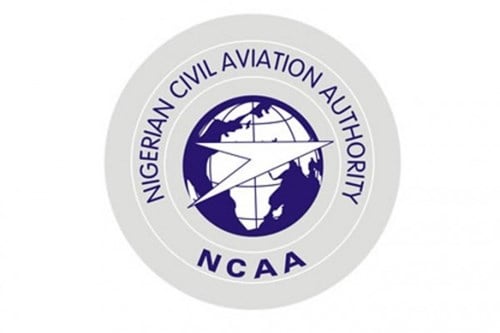The Nigerian Senate has expressed serious concern over the growing lapses in the nation’s aviation safety standards following the recent Air Peace runway incident at the Port Harcourt International Airport.
The incident, which occurred on Sunday, July 13, 2025, involved an Air Peace aircraft that veered off the runway after landing. While no fatalities were recorded, a preliminary investigation by the Nigerian Safety Investigation Bureau (NSIB) revealed shocking details about the flight crew’s conduct. Toxicology tests conducted on the pilot and co-pilot reportedly came back positive for alcohol and hard drugs, including compounds associated with cannabis.
The findings have sparked outrage across the aviation sector and prompted immediate attention from the National Assembly.
At the plenary session held last Tuesday, senators described the development as deeply alarming, noting that it exposed systemic weaknesses in airport infrastructure, regulatory oversight, and pilot discipline.
The Chairman of the Senate Committee on Aviation, Senator Buhari Abdulfatai, moved a motion calling for a full investigation into the incident. He emphasised that although no lives were lost, the report from the NSIB indicated “critical gaps in safety standards, infrastructure management, and operational compliance within Nigeria’s aviation sector.”
Part of the motion read, “While no lives were lost, the incident exposed serious deficiencies in runway conditions, airfield lighting, pilot decision-making, and regulatory supervision. If such lapses are not urgently addressed, they could undermine public confidence in the aviation industry and endanger lives.”
Senator Abdulfatai further noted that a pattern of operational safety challenges had been emerging in recent years, with several near-miss events raising public concern about the reliability of air travel in Nigeria.
In response, the Senate directed the Federal Ministry of Aviation and Aerospace Development to work closely with the Federal Airports Authority of Nigeria (FAAN) to urgently implement all the safety recommendations listed in the NSIB report.
Lawmakers also mandated the Nigerian Civil Aviation Authority (NCAA) to strengthen its oversight functions, ensure full compliance with international safety standards, and carry out regular safety and infrastructure audits across all Nigerian airports.
Additionally, the Senate ordered FAAN to begin immediate rehabilitation of damaged runways, install adequate airfield lighting systems, and upgrade navigational aids—starting with the Port Harcourt International Airport, where the incident occurred.
The Senate Committee on Aviation has been tasked to engage with key stakeholders, including the NSIB, NCAA, FAAN, and airline operators, to ensure complete implementation of the safety recommendations. The Committee was also instructed to submit a progress report to the Senate within six weeks.
Lawmakers stressed that aviation safety is not only crucial for protecting lives but also for maintaining Nigeria’s reputation as a leading regional air transport hub in Africa. They warned that continued neglect of safety and regulatory standards could threaten national security and economic stability.
The Senate also commended the NSIB for promptly releasing its preliminary report, describing it as a positive step toward promoting transparency, accountability, and a safety-first culture within the aviation industry.
This latest intervention comes amid growing public anxiety over recent aviation incidents and near misses across the country. Stakeholders have repeatedly called for reforms in crew welfare, training, airport infrastructure, and enforcement of international aviation regulations.
With this Senate directive, attention is now on the aviation authorities to demonstrate a renewed commitment to safety and compliance, especially as the industry continues to expand amid rising passenger traffic and operational challenges.
